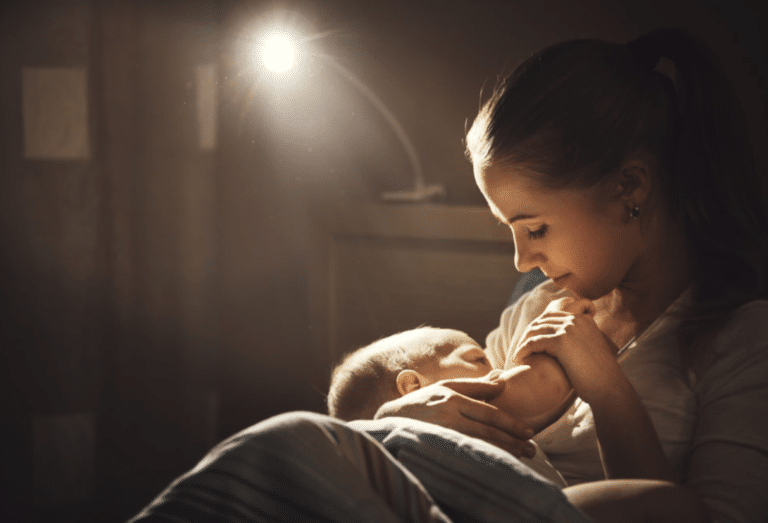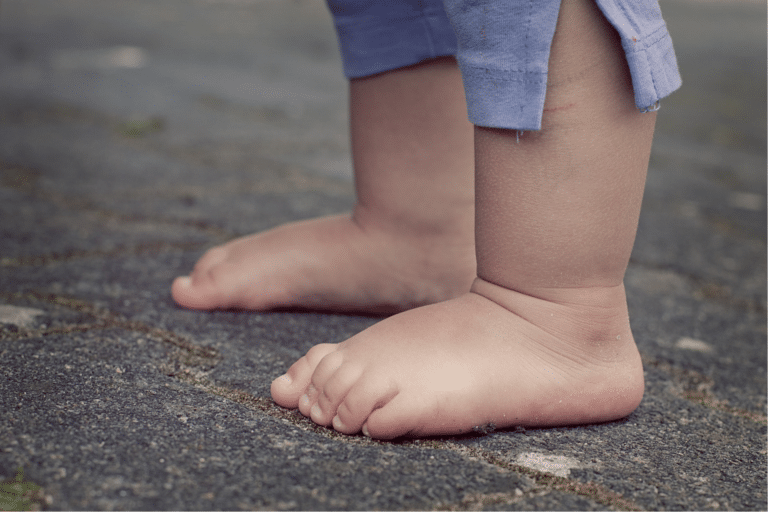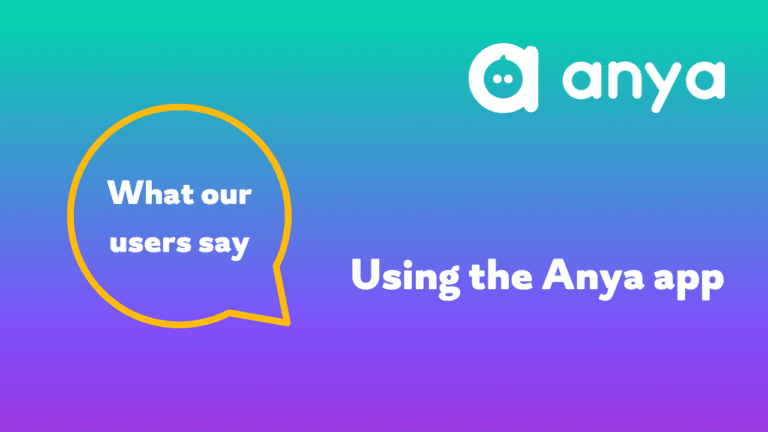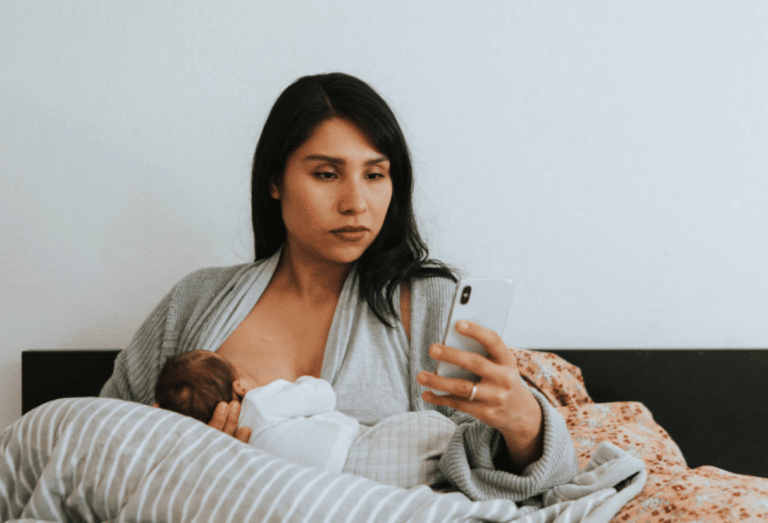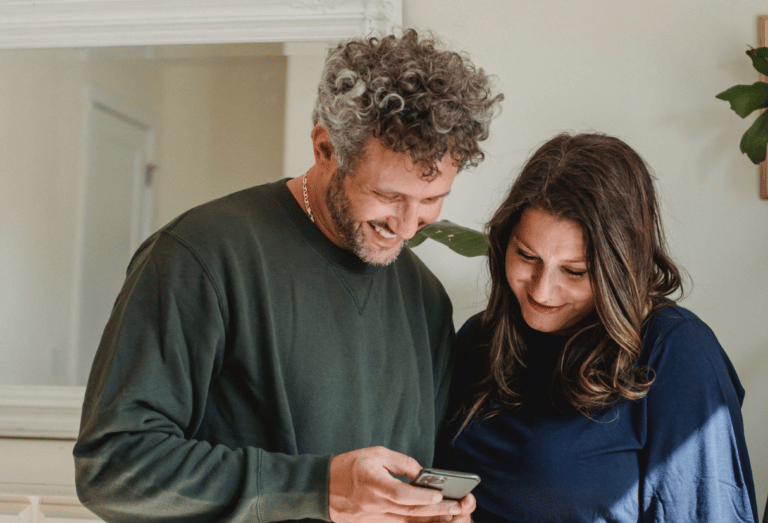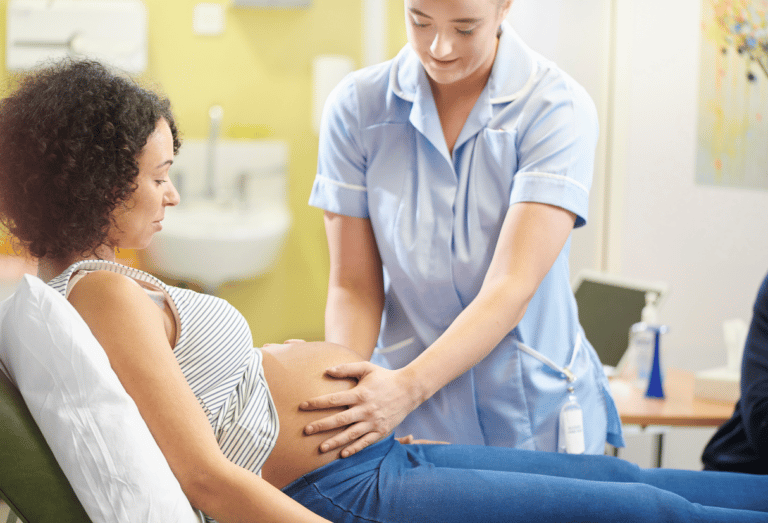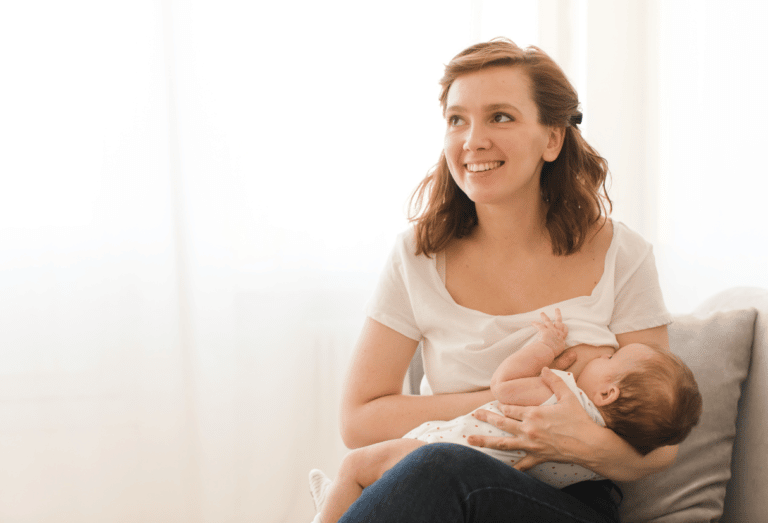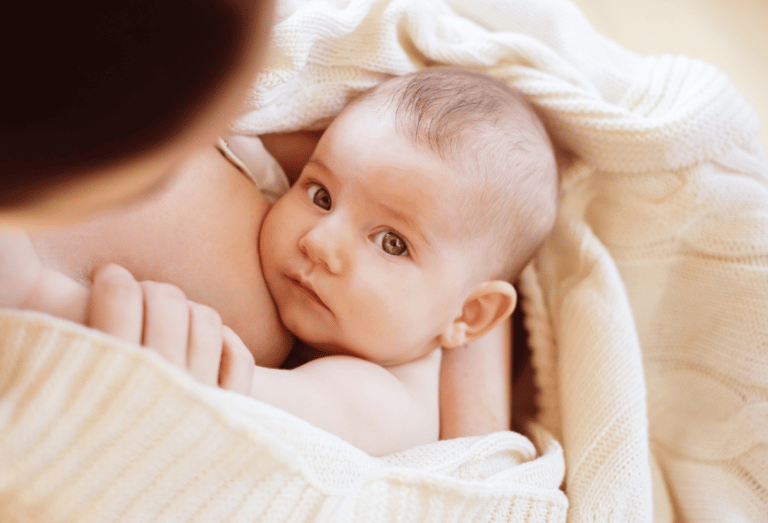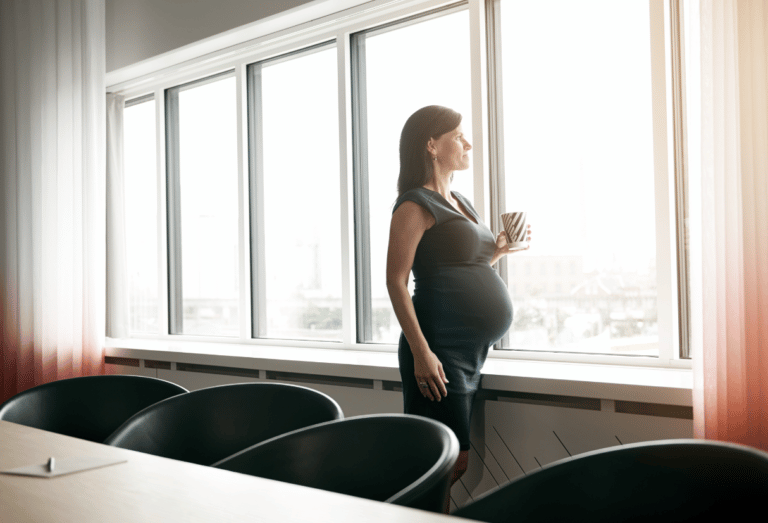We asked 706 women in the UK about the impact of COVID-19 on their breastfeeding support and experience. 79.3% of the women asked had their babies during lockdown.
- 80% felt the support for mothers could be improved.
- 58% said that their breastfeeding journey was impacted negatively.
- 75% reported that they felt isolated.
- 81% stated social distancing measures as a reason for the insufficient support.

2020 will go down in history for being the year a global pandemic hit. Who would have thought that this is something we would have lived through? It knocked everything and everybody off course. We’ll remember some of the moments of great pride over this time, like the money that Captain Sir Tom Moore raised, the doorstep clapping to thank the NHS, the appreciation for all key workers, and the admiration for teachers – but unfortunately, many new mums will remember the negative experience they had to go through.
Expectant mums had to attend appointments on their own, had their birth induced alone, only had their birthing partner with them for a few hours of labour and had to carry on doing their very best with extremely limited support and hardly any one-on-one support. During what is the most challenging time for a new family, it’s no wonder that many new mums felt alone.
The support for breastfeeding fell to a worrying low as health visitors were given different roles to support the changing landscape of the NHS as it desperately tried to cope under surging demands. In turn this meant that for many new mums learning how to breastfeed became an impossibility. There is an attitude that breastfeeding is 100% natural and therefore instinctive and easy to do – but for many mums, this cannot be further from the truth. Breastfeeding is not easy, in fact, it is a skill that takes a lot of hard work to get right.
Social distancing hasn’t helped either. Families and friends who would normally step in to help where they can – or simply pop in to make a cup of tea and offer a caring ear to listen to worries and concerns – were unable to fulfil this important role.
Brown and Shenker spoke to 1200 UK mums who breastfed during the coronavirus pandemic to create their ‘Maternal & Child Nutrition’ report.
- 30% of mums said they felt isolated during lockdown, abandoned and overwhelmed. From this 30%, 82% stopped breastfeeding before they were ready.
- New mums from less privileged areas suffered the most. Without high-speed Wi-Fi, they struggled to keep online appointments or access online support.
- Mums from BAME backgrounds stopped breastfeeding at a higher rate due to a lack of support. This reduction is significant as mums from BAME backgrounds typically breastfeed for longer than white women in the UK.
COVID-19 symptoms
New mums who experienced symptoms of coronavirus found themselves separated from their baby and many mums had their visits to neonatal care units greatly reduced. Of all the mums who were affected by this, 80% stopped breastfeeding all together before the baby reached six weeks.
Support, awareness and perception
It’s clear that new mums were let down. We have seen the consequences of insufficient support during these challenging times. But we know that breastfeeding is critical. When support isn’t available, the negative ripples it creates continue for a long time and reaches so many.
Join our mission If you are a new mum or a healthcare professional seeking to be a part of the solution –download our app or get in touch with us to help us shape the future of breastfeeding in the UK. Together, our voices become louder and we can be the change.

